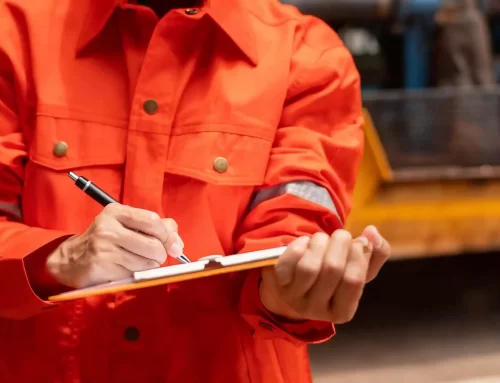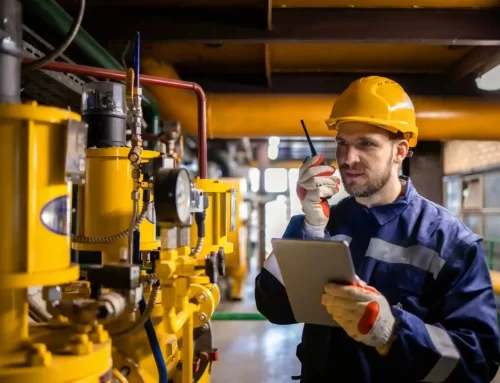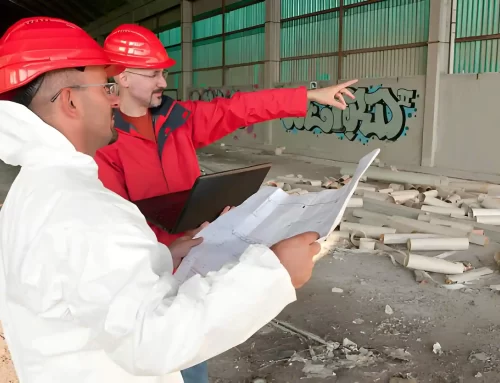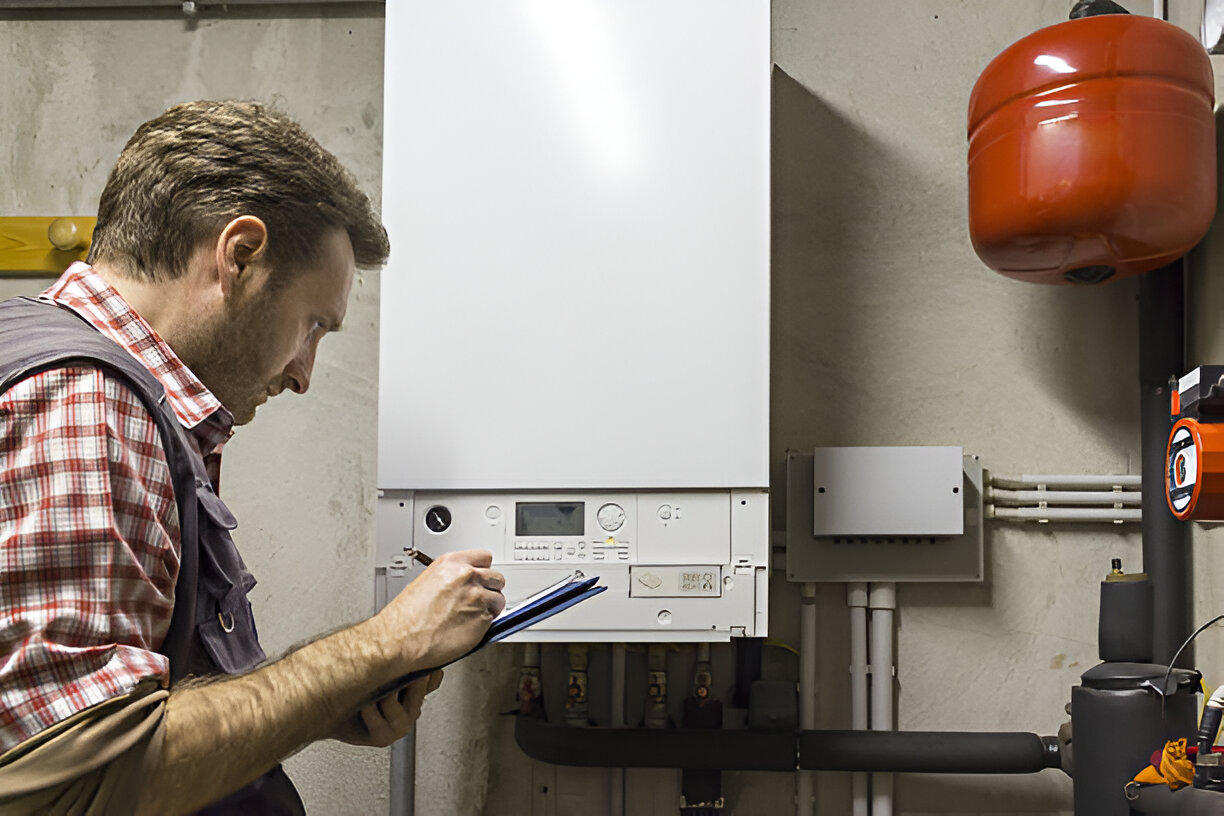
Ensuring safety and compliance in heating installations is a top priority, and the importance of a Gas Safety Certificate cannot be overstated. This certificate, issued after a thorough inspection by a qualified engineer, confirms that a new boiler adheres to stringent national safety standards. It safeguards against risks such as gas leaks and carbon monoxide poisoning, while also fulfilling essential legal requirements for homeowners and property managers. From selecting the right engineer to understanding the inspection process, obtaining a Gas Safety Certificate involves critical decisions directly impacting the boiler system’s safety and efficiency. Let’s explore the key aspects of obtaining a Gas Safety Certificate for New Boiler.
Understanding Gas Safety Certificates
What exactly is a Gas Safety Certificate? This document is an essential validation, issued by a certified engineer, verifying that gas appliances in a property meet strict safety standards.
Primarily, it confirms that gas systems’ installation, maintenance, and functioning adhere to national safety guidelines, ensuring that these systems are not a hazard.
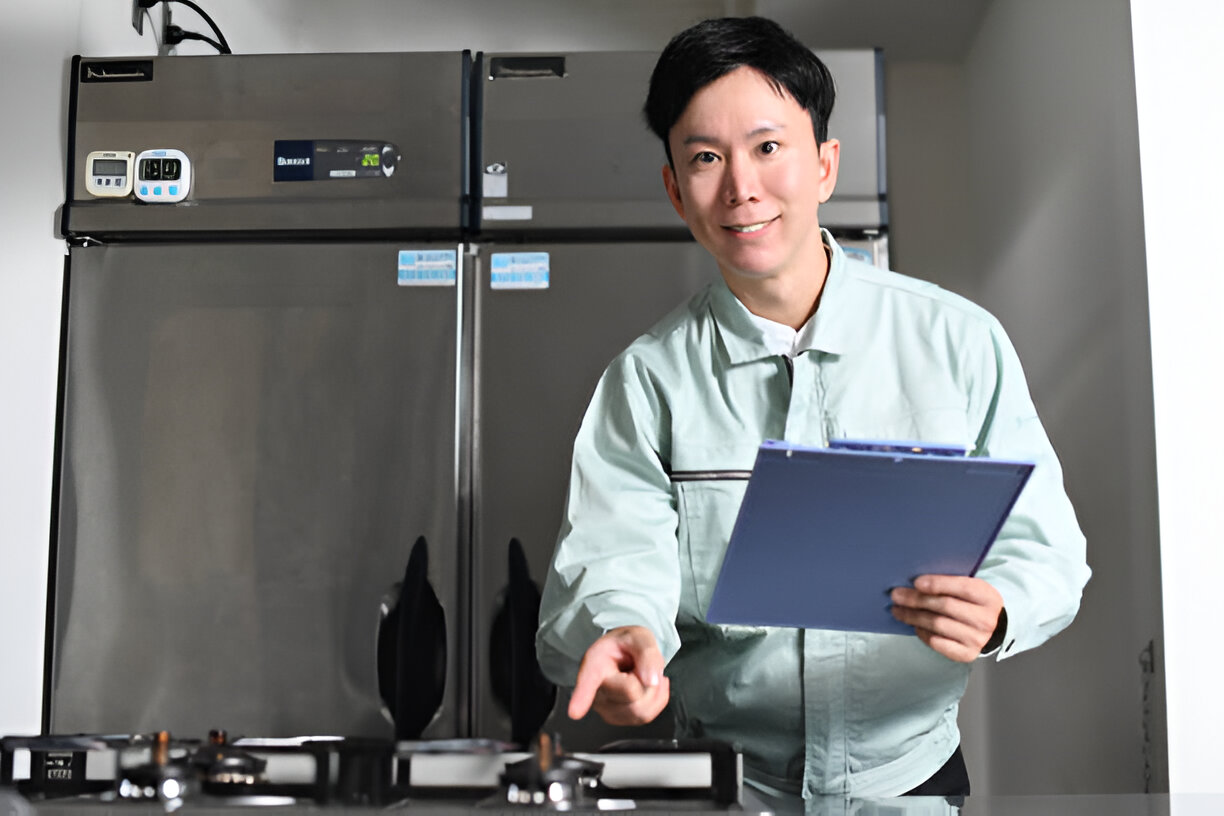
The certification process involves a thorough inspection where engineers assess the safety of gas appliances, pipework, and flues to prevent risks such as carbon monoxide poisoning or gas leaks.
Each certificate includes details such as the date of inspection, the property address, the description and location of inspected appliances, and the identifying information of the engineer responsible.
This certificate plays a crucial role in maintaining indoor safety and operational integrity.
Legal Requirements for New Boilers
Installing a new boiler in a property necessitates adherence to specific legal requirements to ensure safety and compliance with national regulations.
In the United Kingdom, all new boilers must meet the standards in the Gas Safety (Installation and Use) Regulations 1998, ensuring a Gas Safe registered engineer fits them. This certification is vital as it confirms the boiler’s installation aligns with legal safety norms.
Additionally, the Energy-related Products (ErP) Directive requires new boilers to be energy-efficient, supporting environmental sustainability.
Compliance with these regulations is not merely about legal adherence but also enhances the safety, efficiency, and reliability of heating systems, crucial for both residential and commercial properties.
Steps to Obtain a Certificate
To secure a Gas Safety Certificate for a new boiler, property owners must first ensure that the installation is carried out by a gas safe registered engineer.
Following installation, the engineer must conduct a thorough inspection to verify that the boiler operates safely and adheres to all current regulations. This inspection includes checking the installation, gas pressure, flue flow, and safety devices.
Once the engineer is satisfied, they will issue a Gas Safety Certificate, documenting that the boiler meets the required safety standards. Property owners should maintain this certificate as proof of compliance, which is essential for both legal adherence and insurance purposes.
Regular annual inspections are also recommended to uphold the certificate’s validity.
Choosing a Qualified Gas Engineer
Selecting a competent Gas Safe registered engineer is a critical step in ensuring the safety and efficiency of your new boiler installation.
When you choose a qualified professional, you ensure that the installation complies with local safety regulations and standards.
Here are key considerations when selecting a gas engineer:
- Certification: Verify that the engineer is Gas Safe registered.
- Experience: Look for a track record of successful installations.
- Recommendations: Seek feedback from previous clients.
- Local Knowledge: Choose someone familiar with regional regulations.
- Availability: Ensure they can schedule within your timeline.
Choosing the right engineer not only guarantees safety but also optimizes the performance and longevity of your new boiler.
Preparing for the Safety Inspection
Once a qualified Gas Safe registered engineer is chosen, preparing your home for the safety inspection is the next essential step.
Ensure the area around your new boiler is clear of any obstructions to provide easy access for the engineer. It’s advisable to verify that all necessary switches and power sources are operational and accessible.
Gather any relevant documentation or previous inspection reports related to your heating system, as these can provide valuable insights into past issues and installations.
Additionally, check that all vents and flues are unblocked and clear from debris, as these are critical for the safe operation of your boiler.
Preparing in this manner will streamline the inspection process and enhance safety compliance.
What Happens During Inspection?
What occurs during the inspection of your new boiler? A detailed examination is conducted to ensure the system’s safety, efficiency, and compliance with regulatory standards. This process involves several key steps, each critical to certify the boiler’s operational integrity.
- Visual Inspection: The inspector examines the boiler and associated pipework for any signs of damage or leaks.
- Performance Checks: Operational checks are performed to verify that the boiler functions correctly under normal working conditions.
- Ventilation Verification: Adequate ventilation is confirmed to ensure safe operation of the boiler.
- Gas Pressure Testing: The gas pressure is measured to ascertain it is within the recommended limits.
- Safety Device Assessment: All safety devices installed on the boiler are tested to ensure they are operational and effective.
Each step is thoroughly documented to provide a complete safety certificate.
Common Issues and Solutions
While the inspection process is thorough, issues can still arise with new boilers post-certification. One common issue is inconsistent heating, often caused by incorrect boiler sizing or improper installation. Solutions include recalibrating the system or, if necessary, re-evaluating the size of the boiler to match the property’s heating demand more accurately.
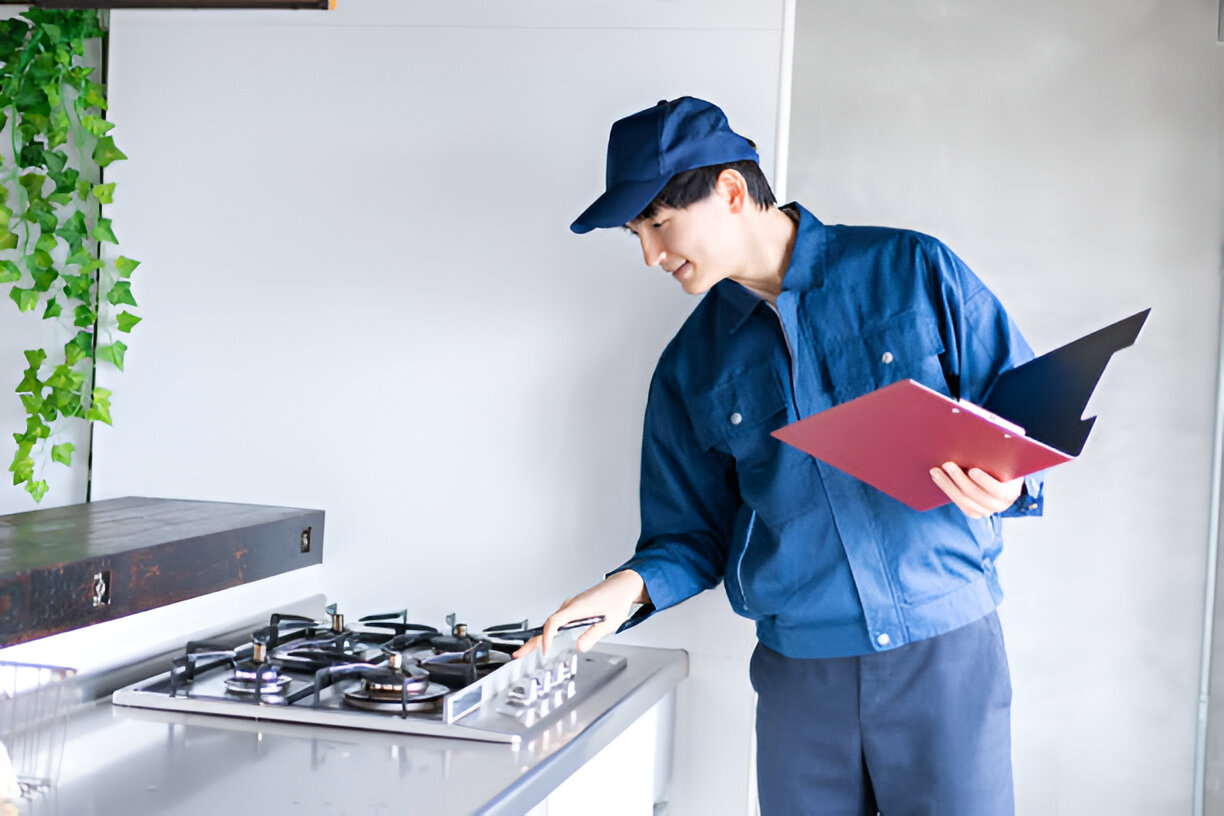
Another frequent problem is unusual noise from the boiler, which can indicate air in the system or low water pressure. Addressing this involves bleeding radiators or adjusting the water pressure.
Additionally, electronic failures may occur, typically due to faulty wiring or control system malfunctions. Resolving these issues generally requires professional intervention to replace or repair the specific faulty components, ensuring the system’s optimal performance and safety.
After Receiving Your Certificate
Receiving your Gas Safety Certificate marks an important milestone in ensuring the safety and compliance of your new boiler installation. This document is not merely a formality but a crucial record that guarantees your new system meets stringent safety standards.
After obtaining your certificate, consider the following steps:
- File it safely: Keep the certificate in a secure location for future reference.
- Distribute copies: Provide copies to your property manager or landlord if applicable.
- Review details: Ensure all information on the certificate is accurate and reflects the current state of your boiler.
- Understand terms: Familiarize yourself with any technical terms or conditions noted.
- Follow up: If discrepancies are noted, contact your gas-safe engineer promptly to address them.
Maintaining Boiler Safety Post-Certification
Maintaining boiler safety post-certification is an ongoing responsibility that extends well beyond the initial compliance check. It is essential to adhere to a rigorous maintenance schedule to ensure the boiler continues to operate safely and efficiently. A systematic approach to maintenance not only prevents potential hazards but also prolongs the lifespan of the boiler, optimizing its performance and ensuring compliance with safety standards.
| Task | Frequency | Purpose |
|---|---|---|
| Visual Inspection | Monthly | Identify external issues |
| Pressure Tests | Annually | Verify operational safety |
| Component Checks | Biannually | Ensure functional integrity |
| Flue Analysis | Annually | Assess emission levels |
| Safety Valve Tests | Annually | Prevent pressure build-up |
Adhering to this schedule is pivotal for maintaining boiler integrity and safety.
Conclusion
In conclusion, securing a Gas Safety Certificate for a new boiler is imperative for ensuring compliance with legal standards and safeguarding against potential hazards. This process, spearheaded by a certified engineer, not only confirms the safety and efficiency of the boiler at installation but also sets the foundation for ongoing maintenance and safety checks. Adherence to this protocol significantly reduces risks associated with gas appliances, thereby protecting property and preserving public health.
Our Pricing
| Our Gas Safety Certificate Prices |
|---|
| Gas Safety Certificate 1 Appliance £45 |
| Gas Safety Certificate 2 Appliance £55 |
| Gas Safety Certificate 3 Appliance £65 |
| Gas Safety Certificate & Boiler Service £74.99 |
Check Out Our Other Services
About the Author: LandlordCertificate
Related Posts
Get Social
Recent Posts
- EICR Report Validity: How Long Before You Need a New One?
- Fire Risk Assessment Report London: Essential Steps and Legal Requirements
- Reliable Gas Safety Inspection by Gas Safe Registered Engineers
- The Role of Fire Extinguisher Inspection in Fire Risk Management
- How to Stay Compliant with Emergency Lighting Test Certificate Rules


